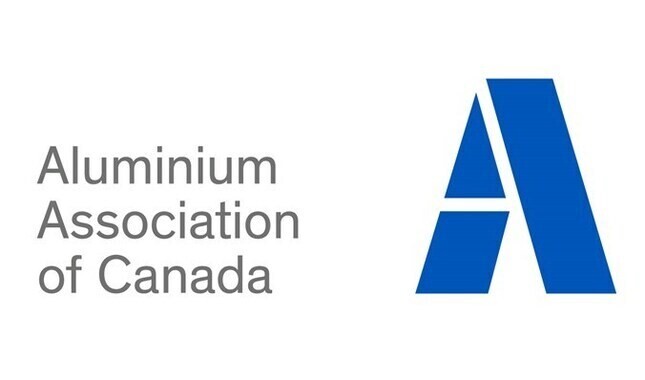

The aluminium associations of the United States, Europe, Canada, and Japan have approved a new report by the Organisation for Economic Cooperation and Development (OECD) titled "Quantifying the Role of State Enterprises in Industrial Subsidies."

Highlights from the report
The report highlighted that while state ownership alone is not inherently problematic, substantial evidence indicates that industrial subsidies, such as below-market financing, tend to rise with increased state ownership. Additionally, state enterprises are more likely to receive favourable treatment in competition rules, public procurement practices, and enforced technology transfers.
As in previous work, the OECD emphasised that state enterprises are significant recipients of industrial subsidies. However, this report also identifies state enterprises as major providers of support. For example, state utilities in some energy-rich countries commonly supply below-market energy inputs, and state banks in China frequently offer below-market finance as a subsidy.
The new insight is crucial for governments aiming to level the playing field and ensure fair global competition. Viewing government support as an interconnected system, where assistance flows in multiple directions and fundamentally reshapes markets, presents challenges to current multilateral rulemaking approaches but may pave the way for more comprehensive solutions to the numerous market distortions caused by support to and through state enterprises.
What the OECS report examined
This new report builds on previous OECD analyses of government support for aluminium firms, which revealed that industrial subsidies heavily favoured Chinese aluminium companies. Between 2013 and 2017, of the USD 70 billion provided to seventeen of the largest aluminium companies worldwide, 85 per cent went to just five Chinese-owned firms.
Subsequent OECD research examined below-market finance provided by governments to thirty-two major aluminium companies, estimating support to Chinese firms at 4-7 per cent of their annual revenue, compared to just 0.2 per cent for other firms. Over the past two decades, as China's share of global aluminium production increased from 8 per cent to 58 per cent, its share of the industry's total CO2 emissions rose from 12 per cent to 71 per cent.
"We fully support all efforts by our governments to update multilateral trade rules and effectively address the non-market practices of state enterprises in global aluminium markets. We welcome the commitment of G7 Leaders in Apulia to advancing free and fair trade, a level playing field, and balanced economic relations, while updating and strengthening the multilateral rule-based trading system, including through the introduction of new trade defence instruments where necessary, with the WTO at its core. But until such time as there is a global level playing field and fair competition in aluminium markets, we urge governments to apply trade defense measures to enable the survival of our otherwise competitive industrial base,” said Charles Johnson, President & CEO of The Aluminum Association, Paul Voss, Director General of European Aluminium, Jean Simard, President & CEO of the Aluminium Association of Canada, and Yasushi Noto, Executive Director of the Japan Aluminium Association noted while recommending to their governments the need to intervene in order to sustain an actually threatened industrial base.”



Responses






